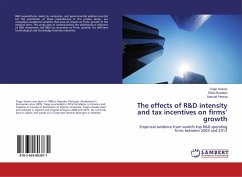Our mobility comes at a price: environmental and social externalities, along with dwindling supplies of fossil fuels, urge governments and industry to act. At the EU level, achievements such as the Euro I/VI classification system and the EU plans for the reduction of carbon dioxide emissions are two examples of how EU constructors can effectively be forced into producing more environmental-friendly cars. On the other hand, consumers can also be nudged, thanks to incentive as well as punitive actions, to make responsible purchases. After a brief overview of the major externalities of our mobility, this book examines some of the national and EU policies implemented in recent years with the purpose of curbing irresponsible automotive production, trade and purchase. The analysis has been run in a comparative perspective, across three representative EU countries: Belgium, Italy and Germany. Though the EU's supply-oriented legislation proofs successful, we found that most national consumer-oriented policies fall short of achieving an efficient result and that both a uniform EU taxation and EU incentive systems are advisable in this regard.
Bitte wählen Sie Ihr Anliegen aus.
Rechnungen
Retourenschein anfordern
Bestellstatus
Storno








